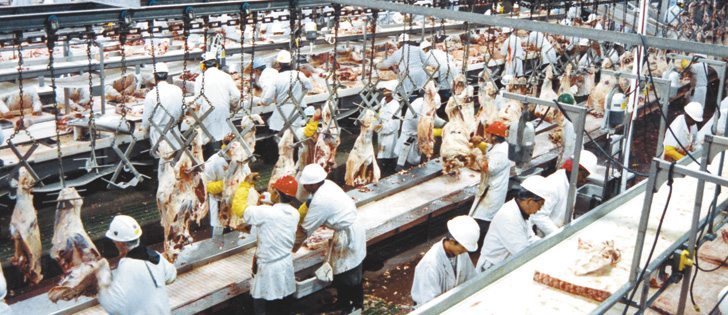Hill is chair of the Canadian Wheat Board’s board of directors. He farms near Swift Current, Sask.
Last year was exceptional for Western Canada’s malting barley producers.
It was exceptional because producers harvested a large crop with quality that allowed increased sales into key markets like China and the United States. It was exceptional because their pooled returns reached a record high of $5.37 a bushel, backed off to Saskatchewan farmgate.
It was also an exceptional year because bulk malting barley export sales for the pool and CashPlus programs were more than 1.5 million tonnes combined.
Read Also

U.S. government investigates high input costs
The USDA and DOJ are investigating high input costs, but nothing is happening in Canada.
CashPlus was fully implemented and used by both farmers and industry. … In 2008-09, every domestic maltster participated in the program.
Yet last year was not without its challenges. Volatility continued in commodity markets. The percentage of selectable barley far exceeded what could be sold into world markets. A glut of high-quality product was available in Canada and around the world.
The CWB’s sales program needed to be conducted strategically to maximize the benefits to producers. Farmers who commit to the pool expect the CWB to manage it carefully.
One of the steps the CWB took to protect the returns of farmers who had already committed to the pool was to limit additional pool selections starting in January.
At that time, pool selections were ahead of sales and the pool return faced price risk from the falling market. The decision was made to limit the potential downside to the price farmers already in the pool would receive.
The decision to use CashPlus to source barley needed for additional bulk export sales gave farmers who had not yet sold their barley an outlet for their grain.
It also ensured farmers received a clear price signal on additional sales opportunities into the bulk export market.
Uncontrolled new selections into the pool would have not only hurt the pool returns, it would have sent a signal that those new selections were worth much more than world markets were actually paying in the latter part of the year.
That would have distorted the relative value of new malting barley sales versus domestic feed barley opportunities. That potential problem, and the sheer volume of surplus malting barley available versus total world demand, meant the CWB had to limit pool selections at some point.
This was hardly “turning away from pooling,” as Western Barley Growers president Brian Otto alleged in his opinion piece of Aug. 20 (Open the market for barley, Opinion.)
On the contrary, careful management of the pool keeps pooling viable.
When issues are complex, there is often a temptation to try boil them down to a simple ideological argument, such as promoting an open market as the solution to most problems. This does not serve farmers well.
Malting barley farmers want more choice, but they still want a role for the CWB, something they have made clear to the CWB in surveys, group discussions and one-on-one meetings.
In response, we have created a marketing structure for malting barley that delivers exactly that. Cash Plus is the program designed to deliver choice and up-front certainty for producers, while still retaining pooling and the advantages of single desk marketing.
We believe that the combination of the pool and CashPlus provides the strength of the single desk with the flexibility and certainty that farmers want.
Many farmers are still calling for change. We’re listening. But we’re also listening when they say they don’t want change for change’s sake. They want it done in a thoughtful, careful way that will improve their bottom line.














